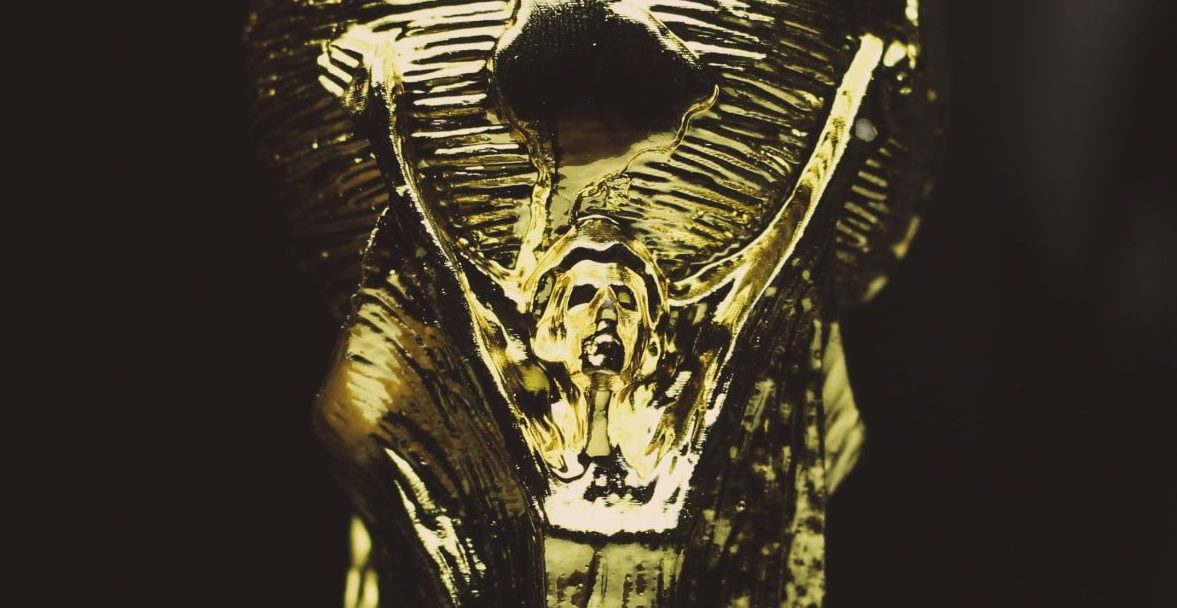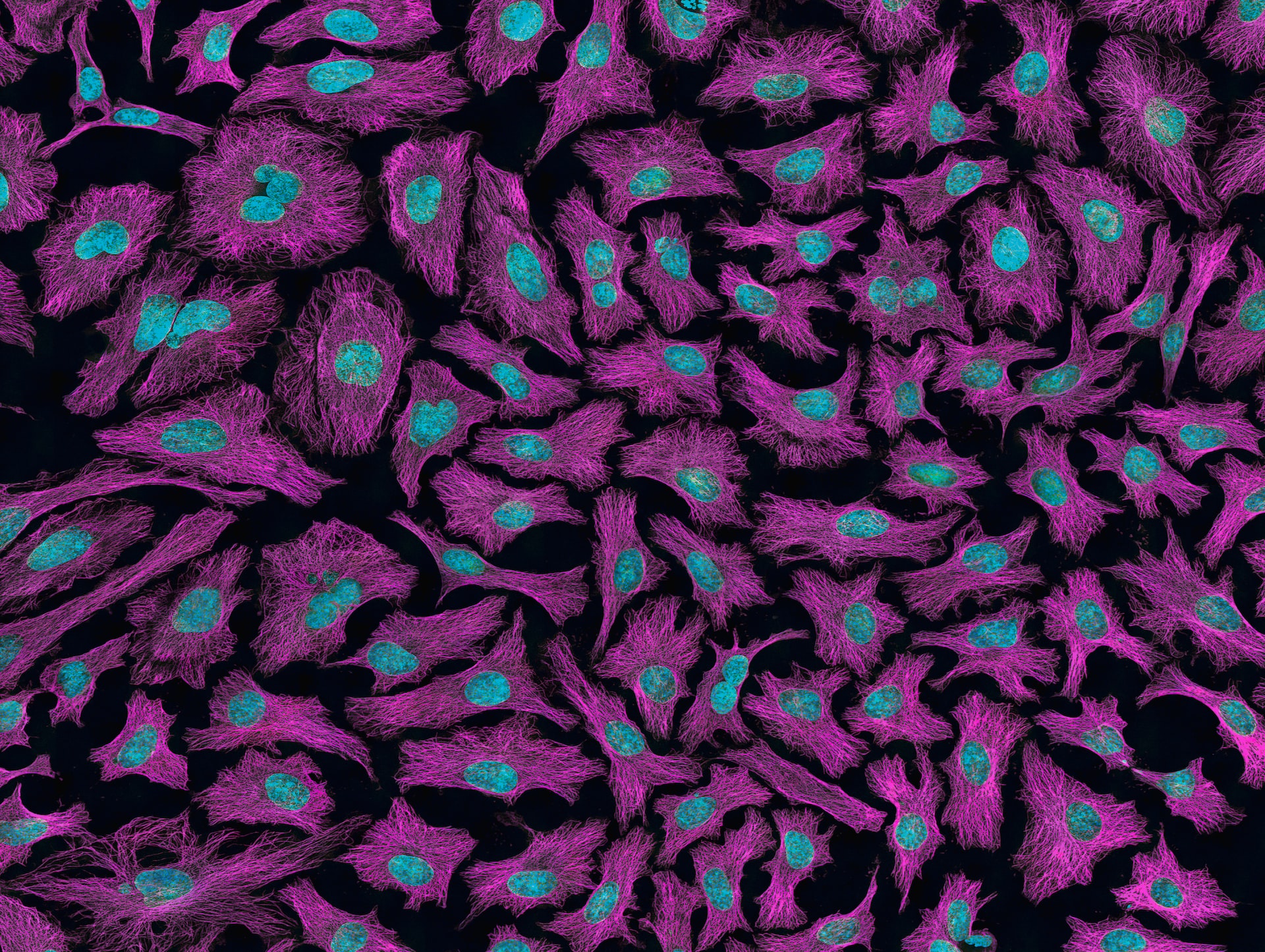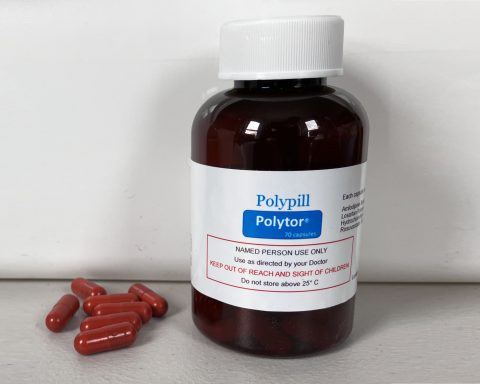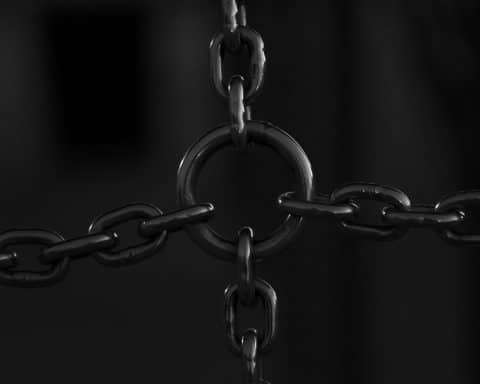
He is on twitter: @SatiHeerStavert His blog is:
https://unexaminedmedicine.org/
The FIFA World Cup has arrived and hopes are particularly high for England after the Women’s team were crowned champions of the 2022 UEFA European tournament and the Men’s team were runners-up the year before. There is also considerable excitement for Wales who have qualified after a hiatus of 64 years. Indeed, England and Wales have been drawn together in the group stages.
Qatar 2022 will be the first World Cup to take place in November and December, a time where the NHS is traditionally under high pressure.
Yet, as fan excitement reaches fever pitch, it’s squeaky bum time for health care services already struggling with long wait times, capacity issues and a workforce crisis. It’s a hazardous old game. Match days are associated with increased risks of domestic abuse, assault attendances to emergency departments and altered suicide rates.1,2,3 Amateur attempts to emulate the stars of the tournament increase rates of severe injury and increase orthopaedic workloads.4,5 The risk of an acute coronary event has been reported to double when spectators watch their national team and stroke risk may also increase.6,7 Worrying news for England fans is that penalty shoot-outs appear to be a particularly important emotional cardiovascular trigger.8 On the other hand, a last minute winning goal might instead lead to a sudden upsurge in maternity unit admissions 9 months later.9
This is the first World Cup since the emergence of the coronavirus pandemic. Transmission of SARS CoV-2 increased during the outdoor summer events of recent football tournaments but uniquely, Qatar 2022 will be the first World Cup to take place in November and December, a time where the NHS is traditionally under high pressure.10 For countries experiencing cold weather during these months, many fans will be watching games indoors, potentially in poorly ventilated and crowded environments. Conditions optimal for contagion (whether it be coronavirus, influenza or other) will likely result in further strain on health care systems attempting to recover from the injury of pandemic while already running at 110%. There are no easy games left for the NHS.
There is literally no space for ambulances outside many emergency departments, let alone parking a bus.
Although everyone seems to know the score, the contingency measures for health care services during the tournament and beyond appear to lack real depth. There is literally no space for ambulances outside many emergency departments, let alone parking a bus. There are also not enough players left in the squad with one in seven GP posts reportedly vacant.11 Despite staff working each shift as if they were in a cup final, the NHS has entered injury time and now it’s sudden death. Industrial action is on the horizon. They think it’s all over, the avoidance of defeat feeling only like a remote mathematical possibility. As with all true fans, it’s not the despair but the hope that kills you. Some people think football is a matter of life and death. I assure you, it’s much more serious than that.
References
- Trendl A, Stewart N, Mullett TL. The role of alcohol in the link between national football (soccer) tournaments and domestic abuse – Evidence from England. Soc Sci Med. 2021 Jan;268:113457. doi: 10.1016/j.socscimed.2020.113457. Epub 2020 Oct 22. PMID: 33126102.
- Quigg Z, Hughes K, Bellis MA. Effects of the 2010 World Cup football tournament on emergency department assault attendances in England. Eur J Public Health. 2013 Jun;23(3):383-5. doi: 10.1093/eurpub/cks098. Epub 2012 Aug 8. PMID: 22874732.
- Arafat SMY, Hossain MS. Suicide during international sports events (football World Cup-2018). Asian J Psychiatr. 2018 Aug;36:92-93. doi: 10.1016/j.ajp.2018.07.004. Epub 2018 Jul 17. PMID: 30041100.
- Keays G, Friedman D, Beaudin M, Gagnon I. An evaluation of the impact of FIFA World Cup on soccer emergency department injuries among Montreal adolescents. J Paediatr Child Health. 2018 May;54(5):515-521. doi: 10.1111/jpc.13784. Epub 2017 Nov 10. PMID: 29125217.
- Murphy SM, Myers E, Kingston R, Connolly P, McElwain JP. Ireland in the World Cup: trauma orthopaedic workloads. Ir Med J. 2003 Apr;96(4):119-20. PMID: 12793478.
- Wilbert-Lampen U, Leistner D, Greven S, Pohl T, Sper S, Völker C, Güthlin D, Plasse A, Knez A, Küchenhoff H, Steinbeck G. Cardiovascular events during World Cup soccer. N Engl J Med. 2008 Jan 31;358(5):475-83. doi: 10.1056/NEJMoa0707427. PMID: 18234752.
- Kirkup W, Merrick DW. A matter of life and death: population mortality and football results. J Epidemiol Community Health. 2003 Jun;57(6):429-32. doi: 10.1136/jech.57.6.429. PMID: 12775788; PMCID: PMC1732472.
- Carroll D, Ebrahim S, Tilling K, Macleod J, Smith GD. Admissions for myocardial infarction and World Cup football: database survey. BMJ. 2002 Dec 21;325(7378):1439-42. doi: 10.1136/bmj.325.7378.1439. PMID: 12493655; PMCID: PMC139028.
- Montesinos J, Cortes J, Arnau AA, Sanchez JA, Elmore M, Macia N, Gonzalez JA, Santisteve R, Cobo E, Bosch J. Barcelona baby boom: does sporting success affect birth rate? BMJ 2013 Dec;347:f7387. Doi: 10.1136/bmj.f7387.
- Riccardo F, Frisicale EM, Guzzetta G, Ferraro F, Merler S, Maringhini G, Spuri M, Petrone D, Rota MC, Rapiti A, Angeloni U, Rossi P, Tallon M, Giannitelli S, Pezzotti P, Del Manso M, Bella A, Maraglino FP. Winning during a pandemic: epidemiology of SARS-CoV-2 during EURO2020 in Italy. Epidemiol Infect. 2022 Apr 22;150:e166. doi: 10.1017/S0950268822000723. PMID: 35450542; PMCID: PMC9509794.
- Jefferson L, Holmes M. GP workforce crisis: what can we do now? Br J Gen Pract. 2022 Apr 28;72(718):206-207. doi: 10.3399/bjgp22X719225. PMID: 35483943.
Featured photo by Nasif Tazwar on Unsplash








